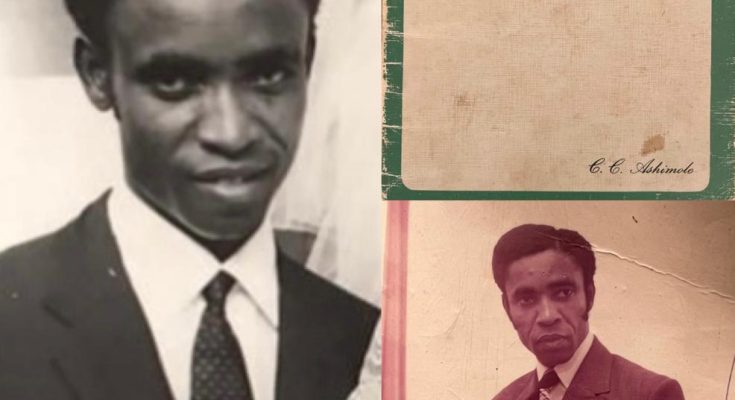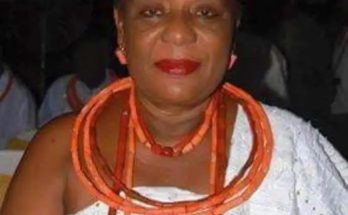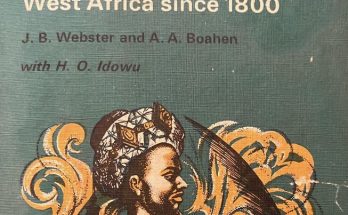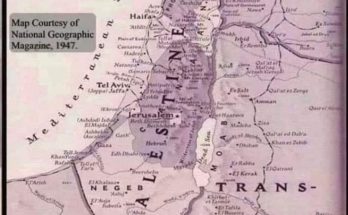By C.C.Ashimole
“SOMETHING MAY HAPPEN.” That was the signature-tune of that diminutive news vendor who rode on a firewood type of bike that could easily catch fire at the scratch of a match ten yards away.
You’d know when he is coming if he avoids his cry and probably wants to take you by surprise by the whistling of his bicycle.
He usually sold mini newspapers with the devil’s prints here and there. The headlines were usually different from his mouth-piece headlines: Such pronouncements as: “One thousand enemies killed at Ugwuoba. “Enemies on the run.” “Awka has been cleared.” “Peace talks on the way.’ “Odumegwu Ojukwu Odimegwu.”
Your first reaction would be to run out and buy the paper in order to know the situation of the war. All of a sudden you’d hear the enemy plane zooming in the air.
You’d leave the money you’ve given the vendor and the paper and run like an antelope right into the Amaifeke cassava bush to take cover like a rat or you’d run into any of the mud-built trenches around which could easily be destroyed by the fall of a football if you are lucky to escape the bite of a cobra.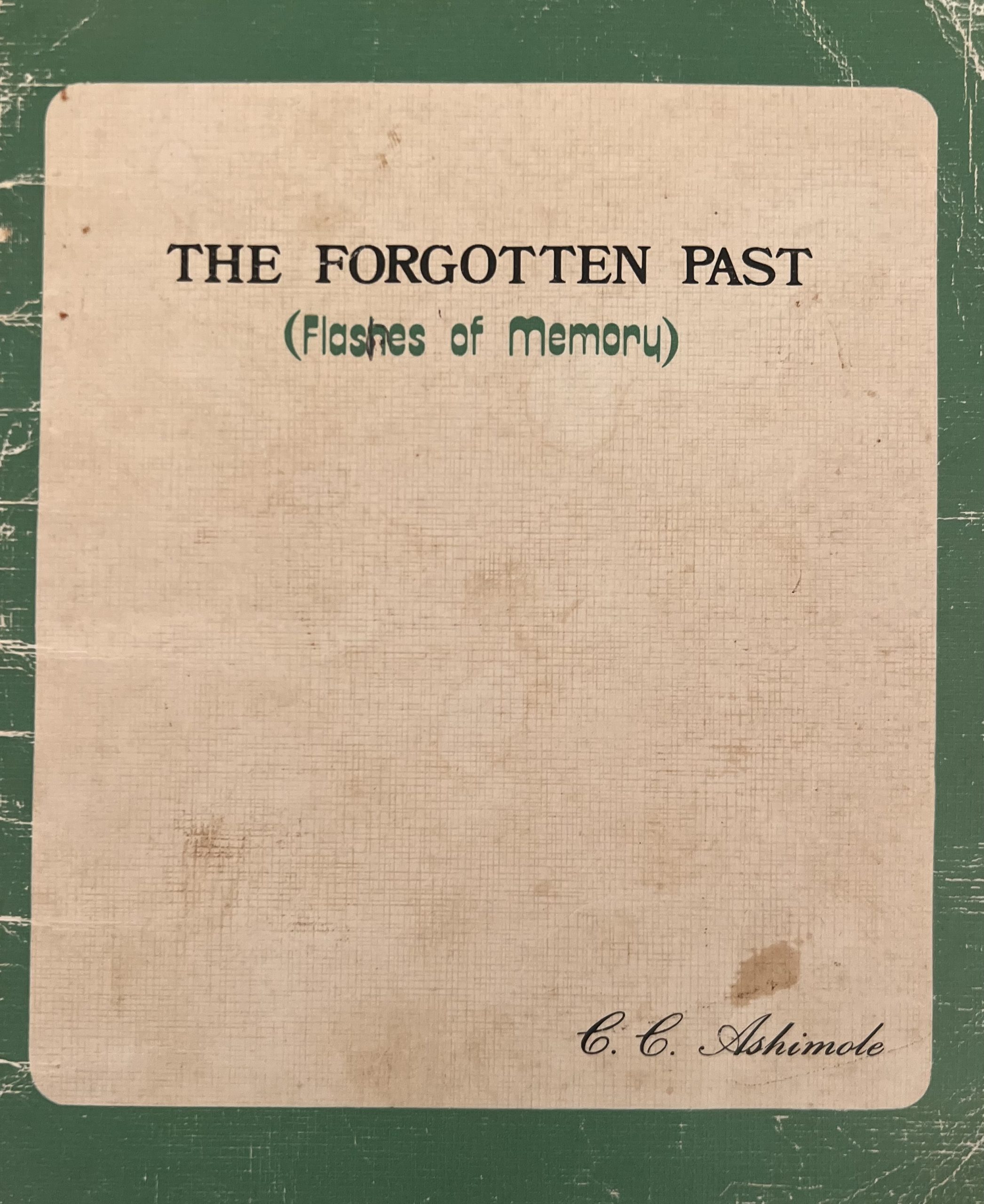 When you come out from your hiding you’d be gasping for breath and going back dog-tiredly but, reluctantly to your office to sit on a cement block. Throughout the office hours you’d be nervous and anything that time which flies above your head becomes an enemy plane and the rehearsal would begin again.
When you come out from your hiding you’d be gasping for breath and going back dog-tiredly but, reluctantly to your office to sit on a cement block. Throughout the office hours you’d be nervous and anything that time which flies above your head becomes an enemy plane and the rehearsal would begin again.
When you get home, you’d start visiting all known Caritas stores and private homes for corn-meal, egg-yolk, corned beef, beans, rice, stockfish, salt, sugar, oh, no, that was a status symbol.
Even while searching for these items, you’d be walking very close, to the bush in case … then you’d dash into the bush. If running in the bush was introduced during the 2nd All African Games, people from the former Eastern Nigeria would set world record.
When the shooting war started on the 6th of July, 1967, when the former Eastern Nigeria declared itself the Republic of Biafra on 30th May of the same year, it was seen as an opportunity to revenge on the people of the North for the massacre of the people of the East in the North in May 1966. Everybody was committed.
There were war cries here and there. Enyimba-enyi rent the air.
People bribed their way to become militias. I remember a lecture by one of our erstwhile bank official. The theme of which was “how to dodge bomb.” That was on top of Leventis building in Port Harcourt. He told us that if we hear the zooming of an enemy plane we should first of all watch the direction from which it is coming and then go out into an open field, lie flat with legs astride and cover our heads with our hands.
After the lecture I told my friend, I said look: my idea about bomb is that if it is thrown here, half of Poft Harcourt would be destroyed. My friend shrugged at my foolish idea. When the time came no one required any expert to lecture him that the best place to practise the art of dodging bomb was in the bush. Wearing of anything white was seen as an act of sabotage. I saw people who ran away and left their children, their belongings, their shoes. It was a sorry situation, but the war must be fought. There is no decency in war.
On one occasion a certain lady with attractive feminine upholstry was running towards me to help her tear her tight-knee, I was also running away from her to avoid our clustering together.
People abandoned their well furnished offices with red carpets wall to wall and came to ground floor to pitch their offices. I said that’s right, we have arrived.
The first commodity which made its scarcity felt was salt. It was not very severe as Port Harcourt was still in Biafran hands. Water was being boiled to get salt.
Soon rumour took over.
Gakem, Opi, Eha-Amufu and Eha-Alumuna were said to have been taken by the Federal troops. Everybody’s eyes went to the map to see how near these towns were to the University town of Nsukka.
Biafrans countered by saying that only a handful of the enemy soldiers infiltrated and that they were being bottled up and would soon be flushed out. “The Federal troops are now 20 miles to Nsukka,” the Radio Nigeria blared. Fever caught everybody. I heard someone say: “this thing don commot for joke-o, I think we better surrender before the University is destroyed.
“Tufia” , remarked another.
“Surrender for what?” If you had lost any of your relations in the North would you say this?
“We must fight this war to a finish.”
Immediately there was sound of a plane. The man thought it was an air-raid. He ran with such speed and unmindfulness that he jammed a stationery vehicle and tumbled. The war indeed must be fought to a finish, I said with a sigh.
Posters, newspapers, everywhere, the slogan was “Fight them to a finish.”
The war dragged on. Federal troops started closing in at every direction.
Calabar was taken. Enugu was within the shelling range, Nsukka having been taken. The riverine areas of Port Harcourt were attacked. Umuahia was pursued from Ikot-Ekpene and Afikpo axis. Biafran towns began to fall one after the other like a deciduous tree.
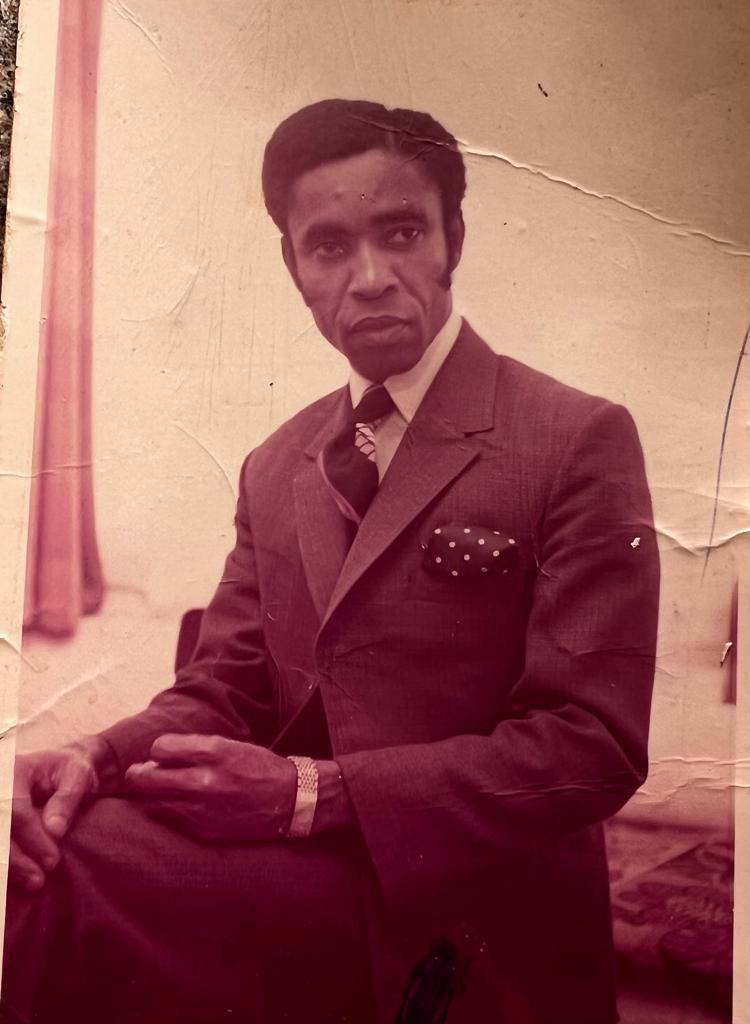
There was holocaust as Biafran towns were compressed. Hunger and starvation started rearing their heads as food shortage was in large scale. Kwashiokor – malnutrition took its own death toll. Biafran problems assumed greater proportion more than it could cope.
The war itself was no longer a major problem. The situation called for a review but no one had the courage to speak out. Prayers were said every other hour but God refused to listen as if to say “make una no worry me, na una bring the trouble for una selves….
To be continued…

